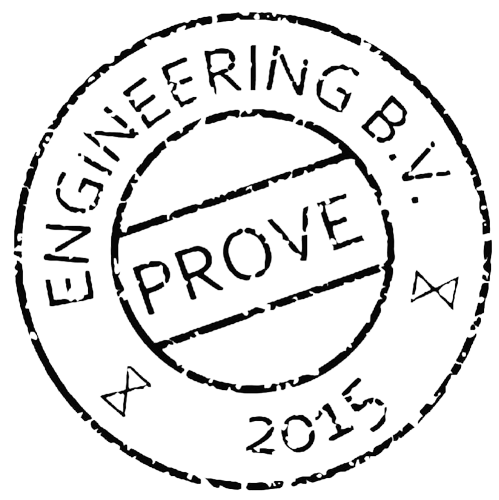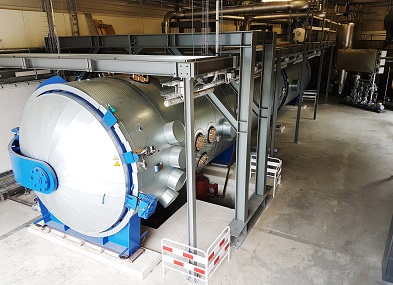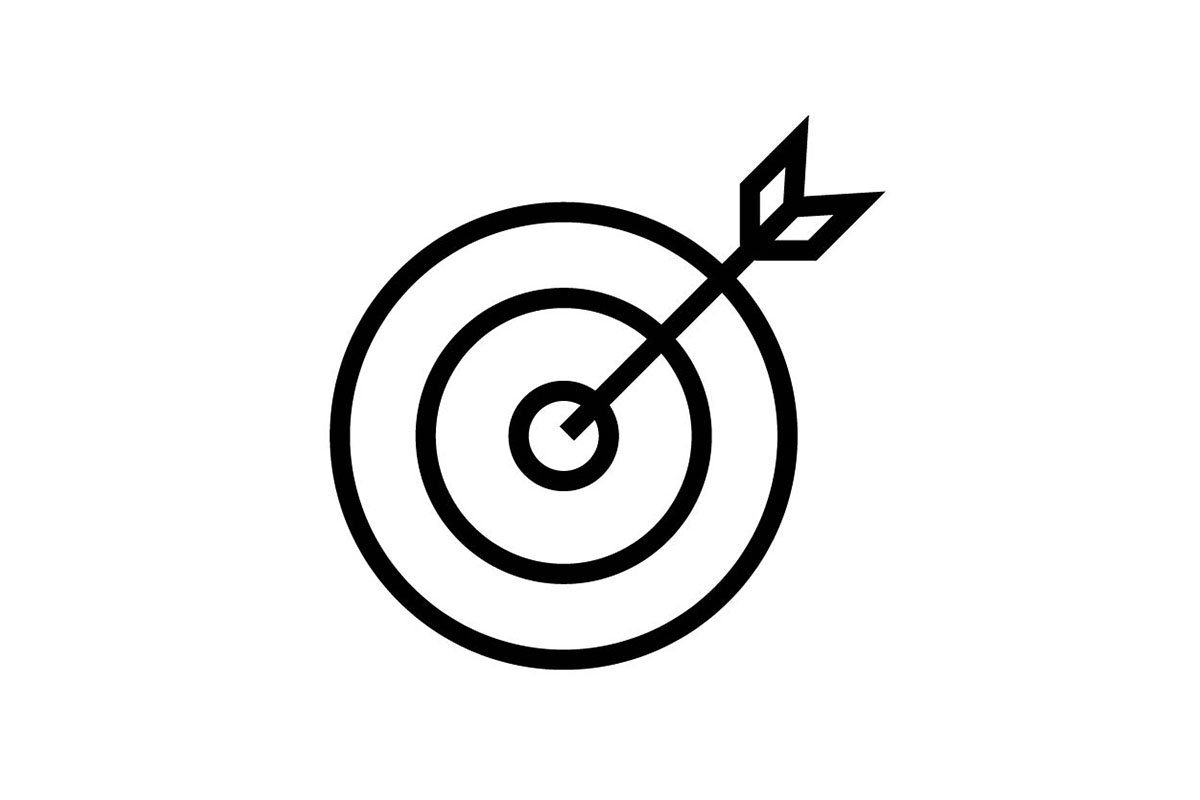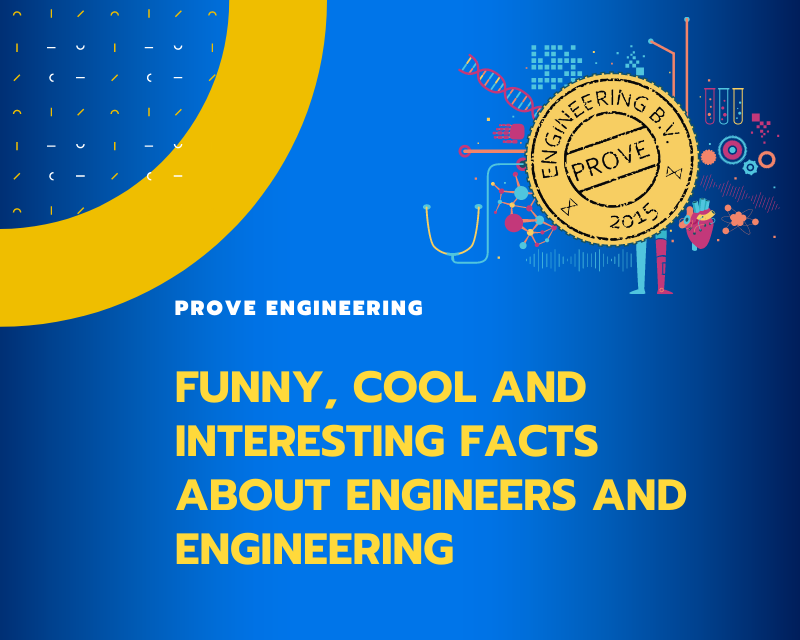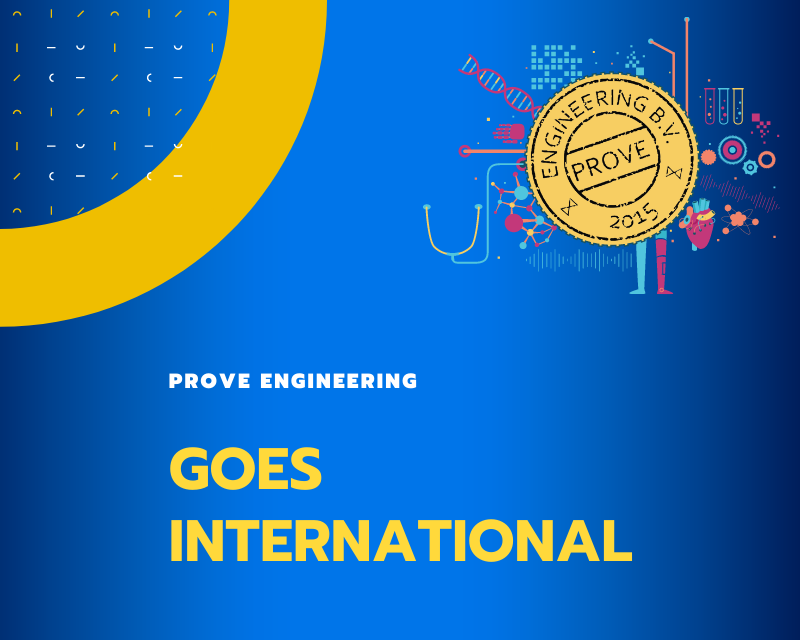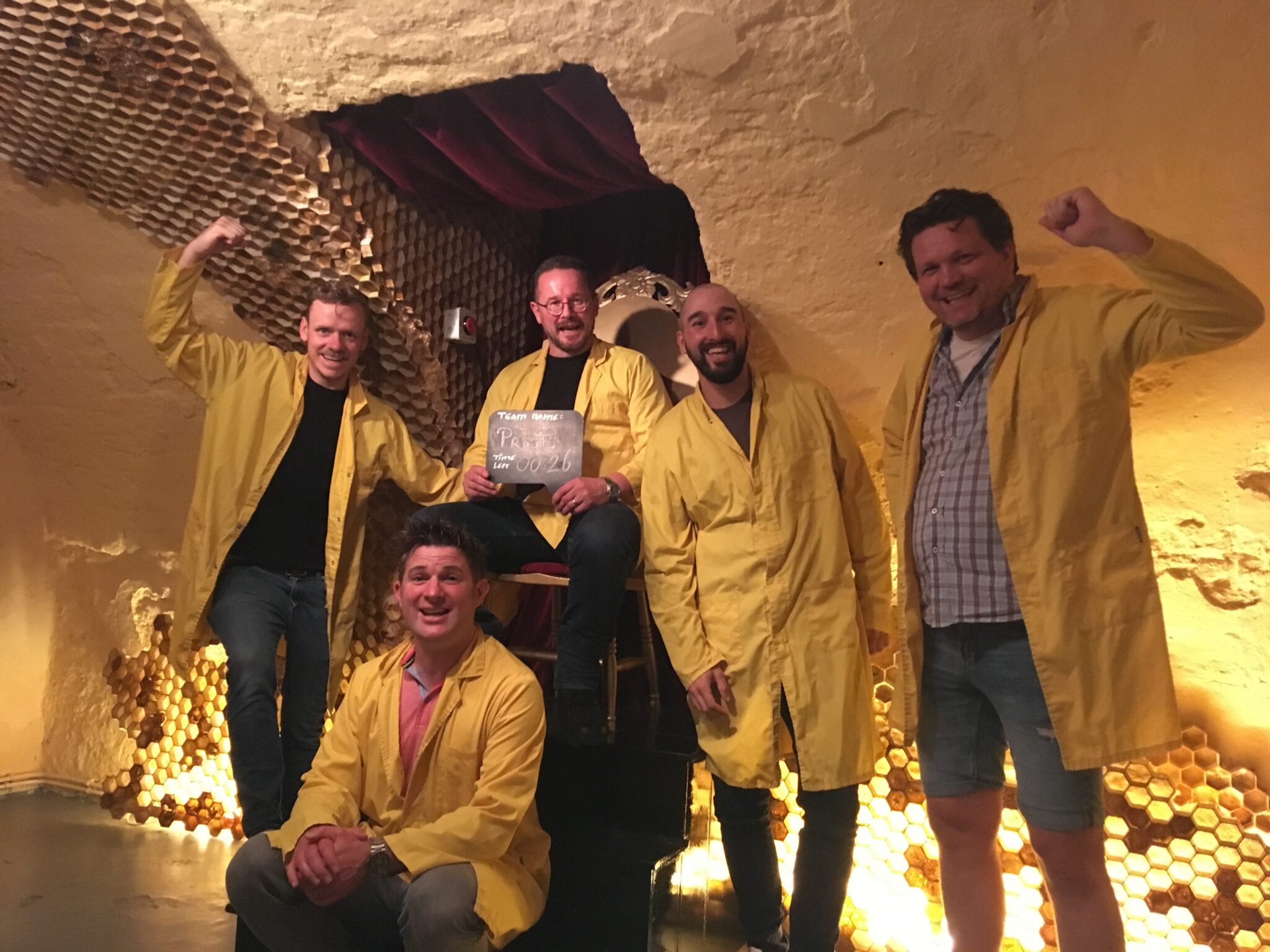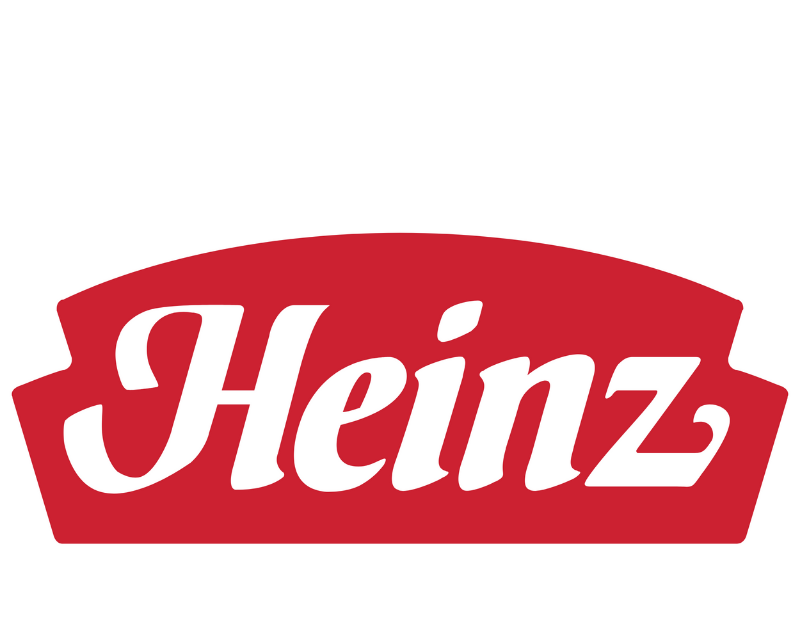Most of us will have played with toy boats in the bathtub or in a nearby stream at one time or another. Some of us may have taken up sailing later in life based on those first experiences, and others may have lost interest, but anyone that has ever played with a toy boat will acknowledge that the shape of a ship’s hull influences its stability and its ability to cut through the waves.
Although the Dutch have built ships for centuries, modern-day computing enables advanced modelling, opening doors for the development of optimized and more robust ship designs. The same sort of modelling used to optimize ship hulls can also be used to optimize support structures for oil rigs and offshore wind farms, but as any model is only as reliable as the validity of the algorithms that go into it, rigorous testing and validation remains imperative. In Wageningen, the Netherlands, maritime research institute Marin is doing just that; modelling and testing the impact of waves on hulls and naval support structures in huge pools with dedicated wavemakers.
In Sling, one of their research projects, Marin aims to model the wave impact of liquified natural gas (LNG) on the cargo containment system inside LNG tankers. Rather than doing tests with LNG itself, which would introduce ATEX constraints, Marin uses water and different gas mixture compositions, pressure and temperature combinations to create, test and validate a physical model. The resulting validated model will then be used to calculate the forces acting on the LNG-tank walls by the LNG, rolling back and forth as a result of the swell, and helping to get these tank walls designed to the appropriate load. In addition to reducing explosion risks during tests, this safer alternative allows Marin to compensate for scaling effects better than testing scaled-down models with LNG.
For the Sling project, together with multiple suppliers and service providers, Marin is currently installing an autoclave with thermal oil heating, water bath and wavemaker, steam boiler, gas system, cooling water system, vacuum- and pressure system. Prove Engineering has been asked to design, size and specify the pipework, valves, heat exchangers and silencers for the connecting pipework between the gas system and the autoclave and from the cooling baths to the heat exchangers.
With the engineering and construction well underway, we’re looking forward to a successful construction completion date later this year and hope our contribution to the Sling project will help to ensure safer overseas transportation of liquid chemicals and liquified gasses.
